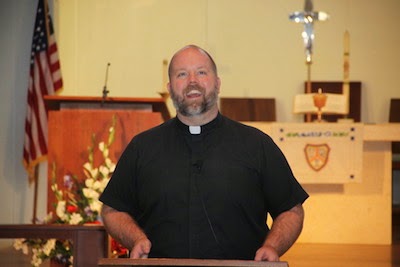 |
| Dr. Manhattan ponders the possibility of miracles by reading this absurdly long essay. |
For years I have wanted to deal with one of the greatest philosophical and pragmatic objections to the idea of "revealed" religion. This objection is second only, in my opinion, to the question of "theodicy": How can a supposedly loving and powerful Creator allow his creation to suffer and die in such excruciating and wasteful ways? I will briefly return to this "greatest of all" objections at the end of the essay.
This "second greatest" objection makes "revealed religion" of any type-- whether Christian or non-Christian-- appear foolish, hokey, folksy, credulous, silly, superstitious, and fundamentally ignorant of the way the world works. This, of course, is the objection against miracles. Because if miracles are impossible, and therefore false, it renders any kind of Divine intervention or communication impossible and false. And if there is no Divine communication, then all religions that claim to be based on it are fundamentally flawed.
I would like to deal with this objection from my unique threefold perspective: First of all, as someone who has grown up in the fastest era of technological change known to humanity. Second of all, as someone whose favorite genre of literature is science fiction. And thirdly, as a committed if somewhat progressive follower of the Risen Lord Jesus Christ. I think these perspectives can help us understand the issue in a way that avoids the pitfalls of merely rejecting miracles on one hand, and accepting illogical and impossible claims of the miraculous on the other.
This "second greatest" objection makes "revealed religion" of any type-- whether Christian or non-Christian-- appear foolish, hokey, folksy, credulous, silly, superstitious, and fundamentally ignorant of the way the world works. This, of course, is the objection against miracles. Because if miracles are impossible, and therefore false, it renders any kind of Divine intervention or communication impossible and false. And if there is no Divine communication, then all religions that claim to be based on it are fundamentally flawed.
I would like to deal with this objection from my unique threefold perspective: First of all, as someone who has grown up in the fastest era of technological change known to humanity. Second of all, as someone whose favorite genre of literature is science fiction. And thirdly, as a committed if somewhat progressive follower of the Risen Lord Jesus Christ. I think these perspectives can help us understand the issue in a way that avoids the pitfalls of merely rejecting miracles on one hand, and accepting illogical and impossible claims of the miraculous on the other.

















